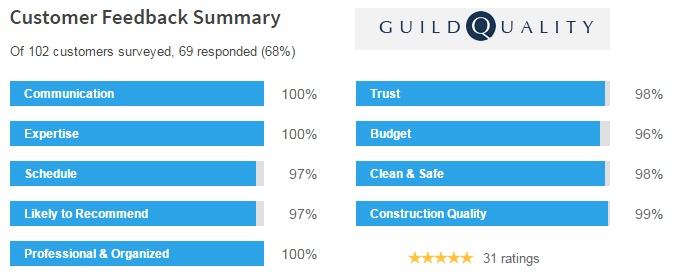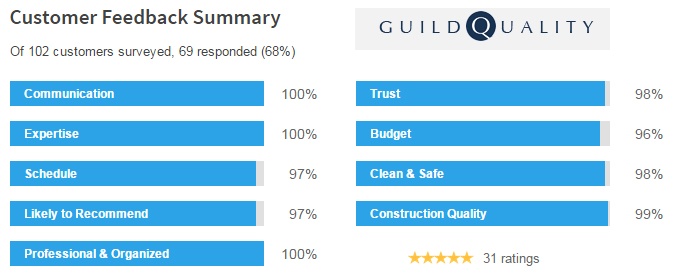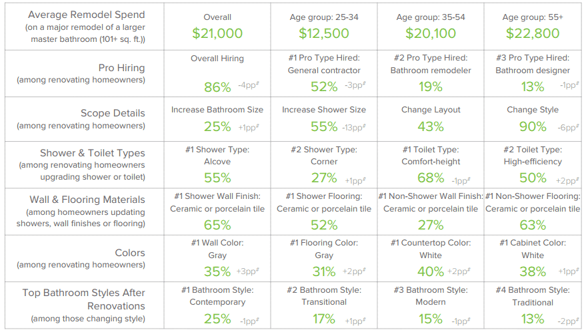Contractor Theft: Avoid Getting Ripped Off
The recent court case where a local contractor was found guilty of theft presented us an opportunity to educate homeowners on how to avoid the situation this unfortunate homeowner found themselves in.
The contractor was found guilty of over-billing his client out of about $1 million and planned to take more along with not paying several of his subcontractors in full and not completing the $5 multimillion dollar home improvement project for his client on their town of Linn home. Read the full article on GazetteXtra.com here: Walworth County contractor David Pierce found guilty on six counts of felony theft
What happened? How could this homeowner have avoided the unthinkable situation they found themselves in?
In this case, the contractor had an agreement with the homeowner that stated he would complete a project for them in a “cost-plus” method. This means that the contractor provided them an estimated overall cost of the project, plus the overhead costs it would take him to complete it. This also includes the profit he would make after everything was done and paid for.
This didn't happen like it should have.
The homeowner received and paid for invoices at various milestones, but that money didn’t pay the bills the contractor had generated on the project. Meanwhile, without documented reason, the overall cost projection of the project increased, too. Finally, trade contractors and suppliers started calling the homeowner for payments as they hadn’t received any from the contractor.
So how do you protect yourself if you want to remodel your home? Should you accept a “Cost-Plus” contract?
Cost-plus & Fixed Price Contracts
Either a cost-plus or fixed price contract can be used in a remodeling project. In a fixed price, all the details are included in the cost summary with a package price listed at the end of the contract. Unlike a cost-plus contract, a fixed price contract does not break down the pricing of each individual item and the package price only changes with a change order signed and agreed upon by the homeowner.
So, in a fixed price contract, if the price of drywall goes up midway through the project, the homeowner is not affected. If the project is taking longer than expected, the price would only change if the homeowner added more work to the original contract and signed a change order indicating their approval.
We hate hearing stories of projects going bad with contractors. We know how hard it must be for the homeowner and for the most part, the contractors that are in the middle of these situations didn't set out to defraud their client. Most of the time it is just poor business/ project management that gets them in to trouble.
Check out these other warning signs on How to Spot a Contractor Scam via www.nahb.org.
If you’re considering a home improvement project of any size, do your homework. Check references of your contractor.
Interview past clients. Talk to current clients. Whether your contractor uses a fixed price or cost plus contract, make sure you receive a detailed contract and all the lien waivers proving you’ve paid all the trades and material suppliers associated with your project as well as the contractor himself.
Want to really sleep easy during a remodeling project, give us a call: Local: 262.723.7232 / Toll Free: 800.410.8027
We've been creating wonderful experiences for our clients for over 43 years! We’ll be here, ready to listen!










